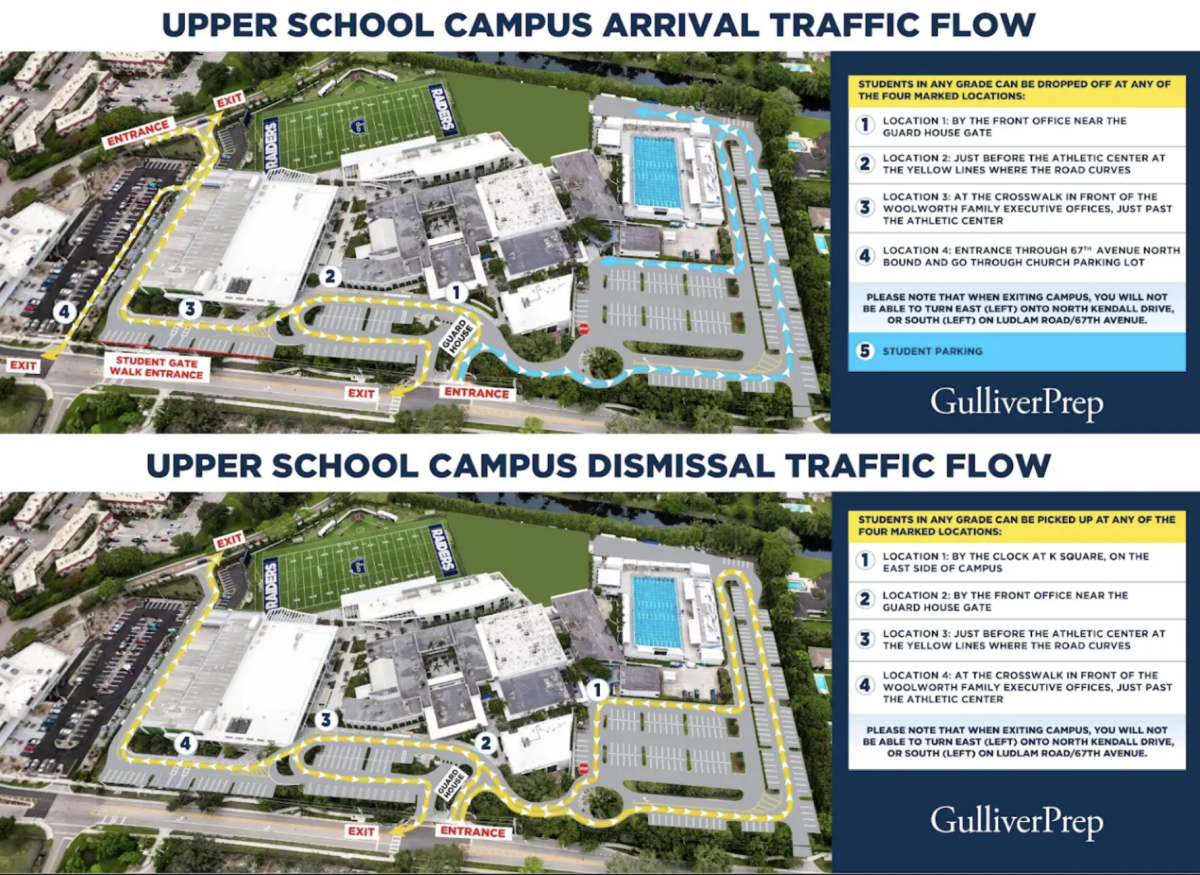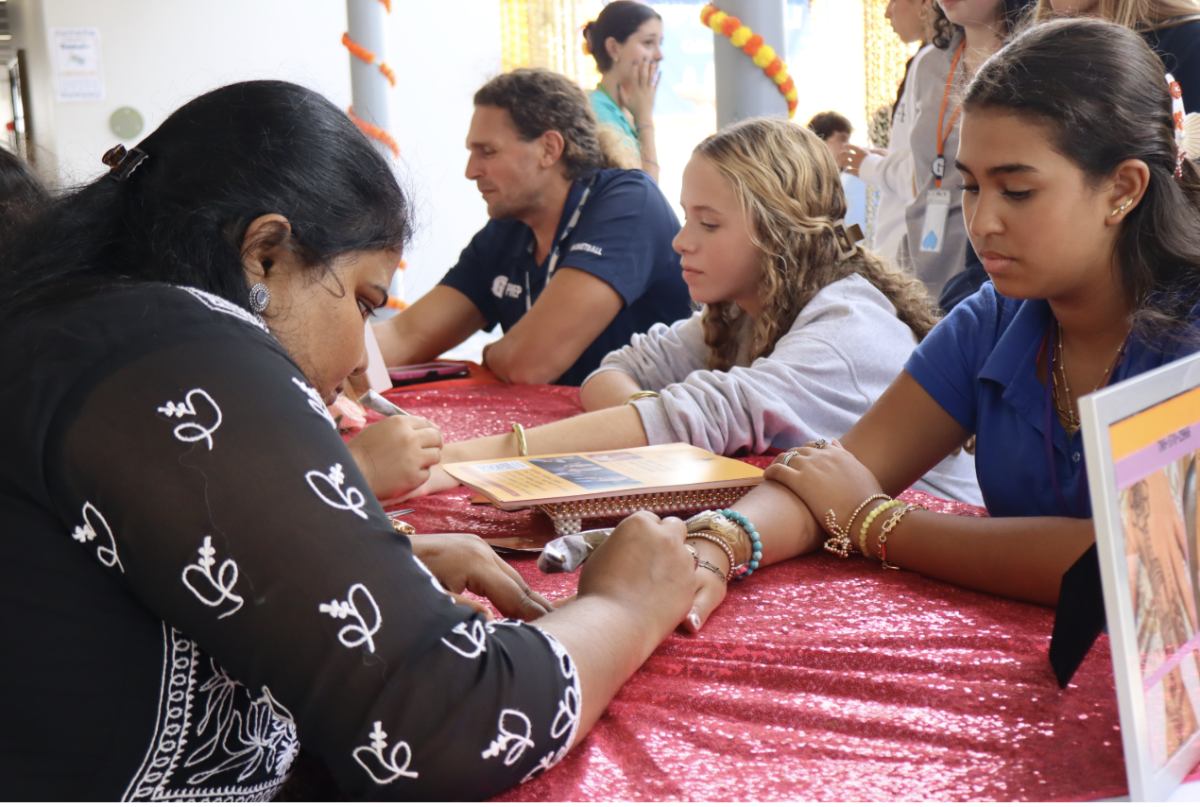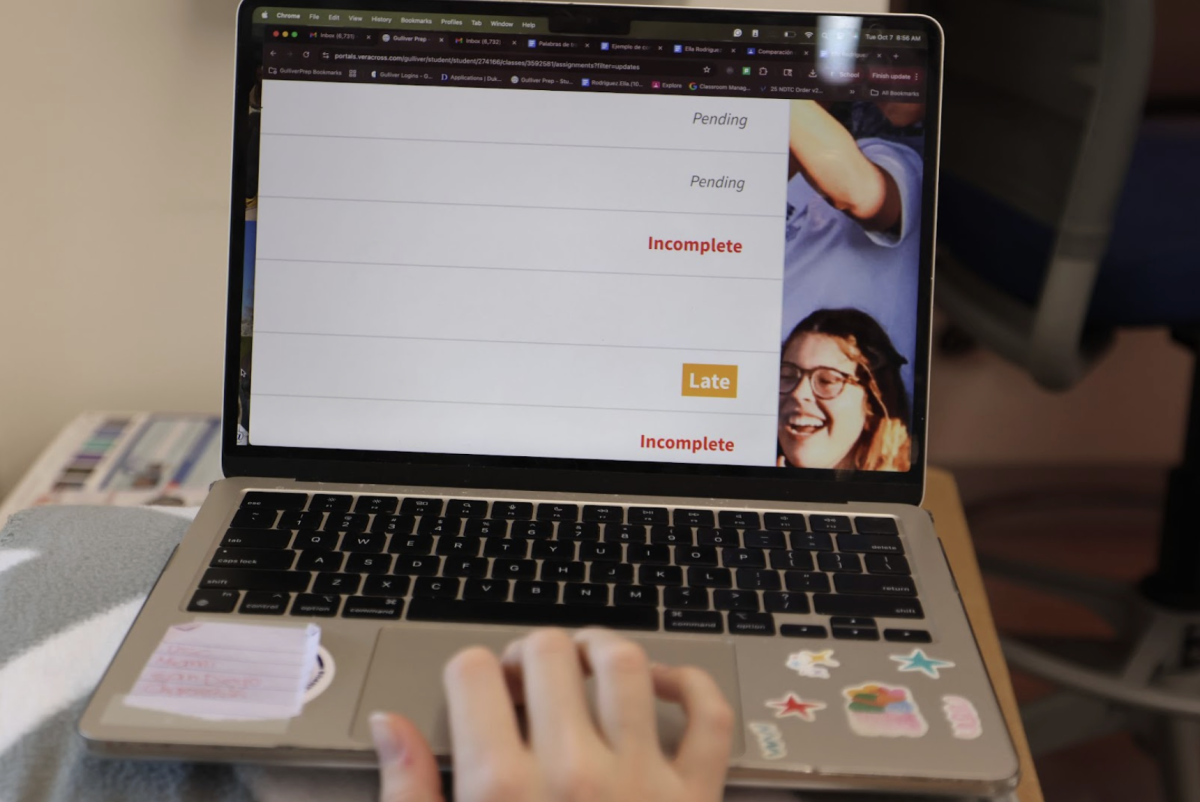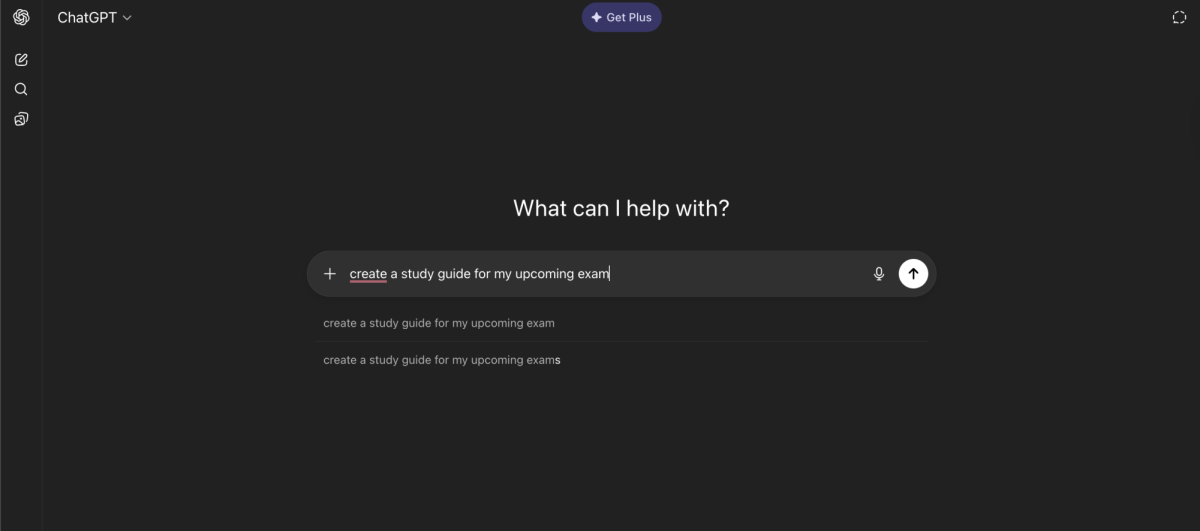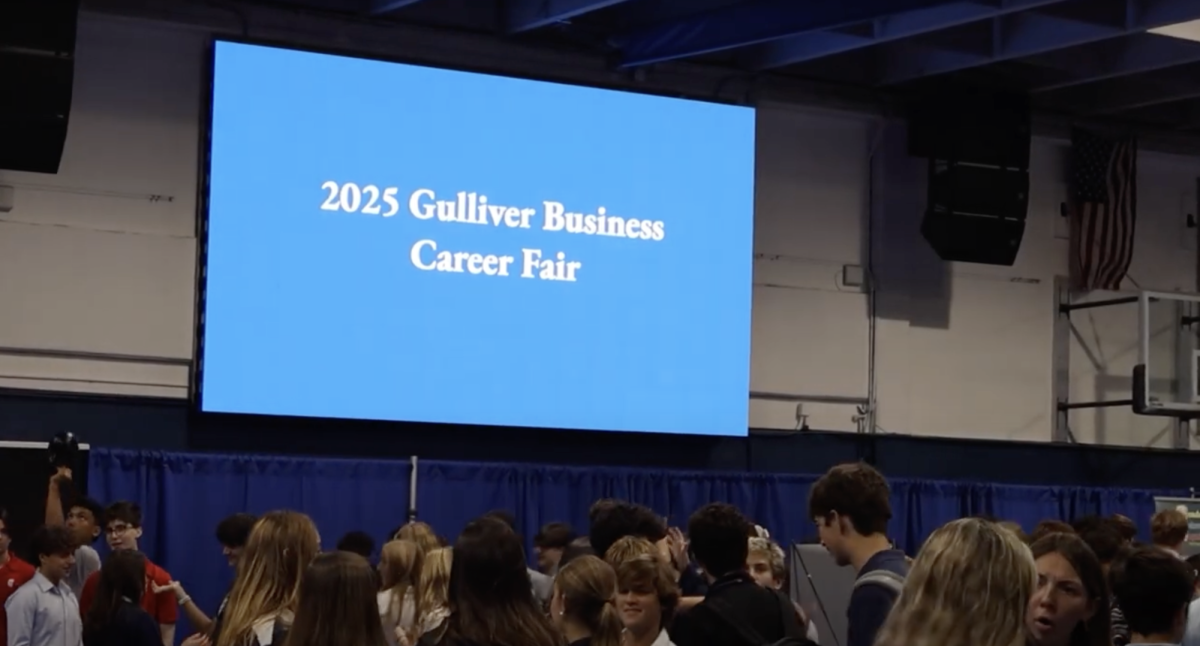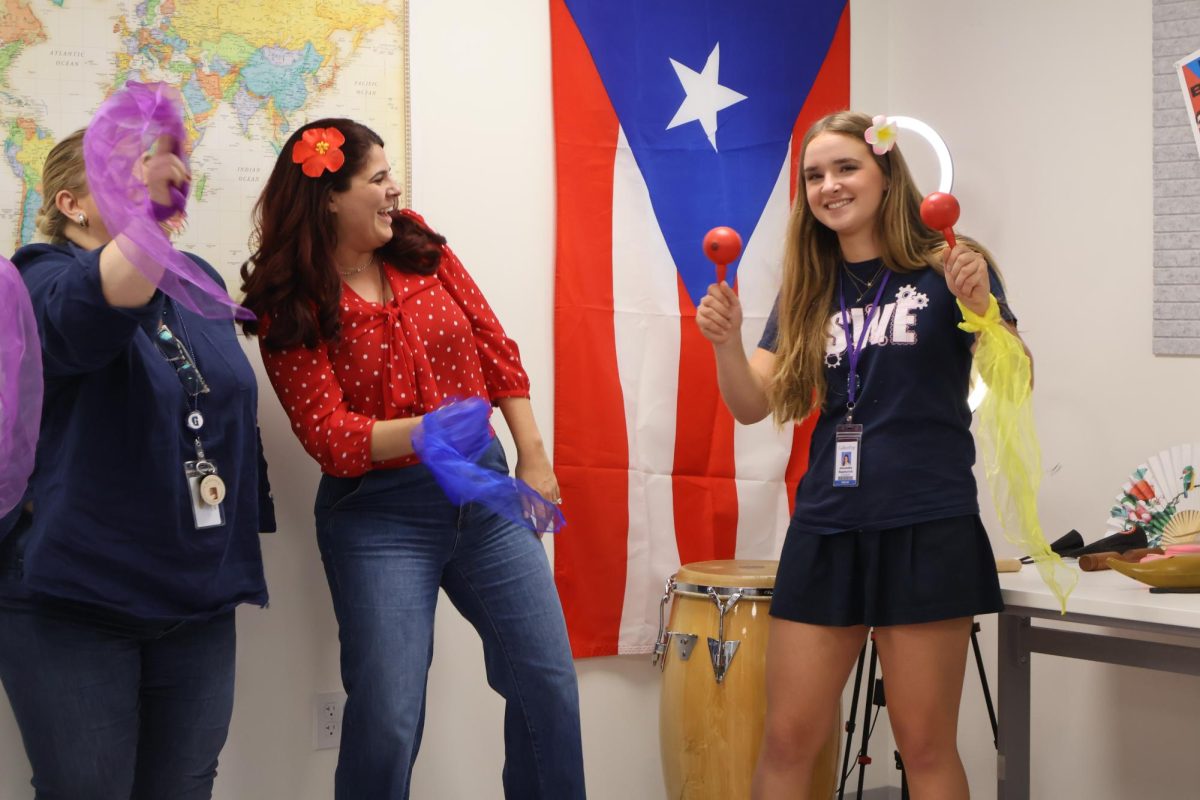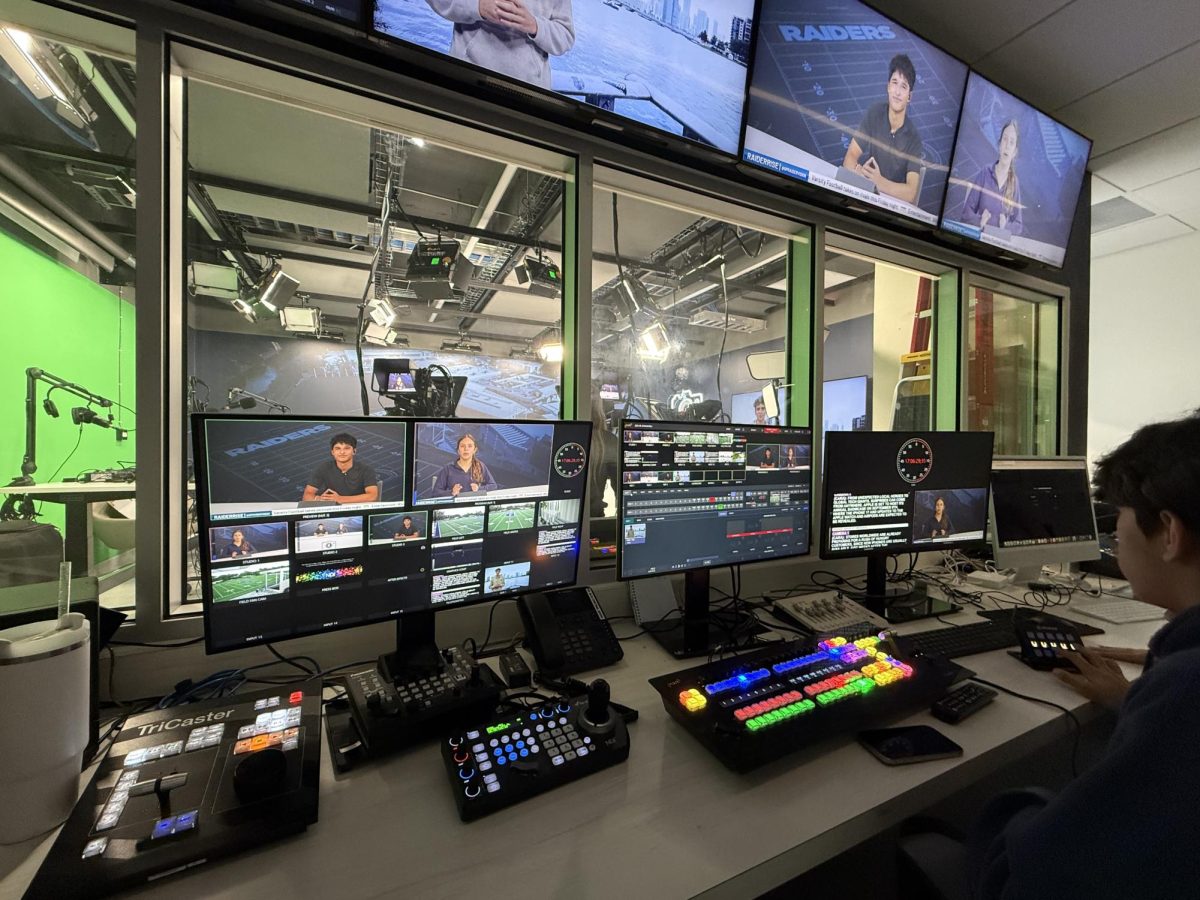Students and faculty members gathered outside on Monday, April 8, to witness the total solar eclipse that took place throughout the country. This phenomenon has not occurred in the United States since 2017, creating excitement amongst students.┬а
тАЬI remember being in sixth grade when the last solar eclipse occurred. With this one, I have had a much better experience due to the fact I got to see better coverage of the eclipse,тАЭ senior Benjamin Berger said.┬а
This type of solar eclipse is very rare as it occurs when the moon passes between the sun and the Earth, casting a shadow that blocks the sunтАЩs light from reaching Earth. According to CBS news The last solar eclipse that was visible on Earth was in 2021, but was only seen by those in Antarctica, and the last solar eclipse was visible to people in the United States in 2017, over seven years ago.┬а
Advisory teachers provided students with solar viewing glasses to protect students’ eyesight when looking at the eclipse, lowering possibilities of negatively impacting vision long term. While most students took these glasses, other students were ready for the eclipse and brought their own glasses from home. This was the case for junior Marianne Arana and sophomore Valeria Arana┬а
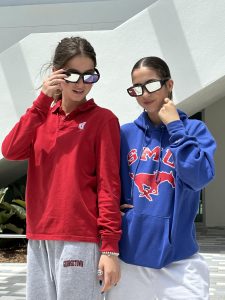
тАЬThe reason why me and┬а my sister brought the glasses was to get a better and more clear view of the eclipse,тАЭ junior Marianne Arana said.┬а
Students and teachers went outside during their advisory and eighth period classes in order to watch the moon partially cover the sun, shadowing the daylight, if only for a few minutes. Recognizing the rarity of this experience, some classes took a break from their normal course discussions and lessons to view the solar eclipse as a group.┬а┬а
тАЬWeтАЩre actually in the astrophysics part of the preparation for the IB exam,тАЭ Michelle Cooper said. тАЬI was able to use the eclipse as an example while giving a talk to my class on the difference between a solar and lunar eclipse.”
Although Miami was not in the path of totality, the experience still brought a sense of excitement to an otherwise typical Monday school day in April.
тАЬIt was a really fun experience as it was something you donтАЩt see quite often and I got to experience it with my friends and classmates,тАЭ senior Brandon Rosenthal said.┬аAccording to CNN, the next total solar eclipse with coast-to-coast path spanning, including Florida in the path of totality, will not occur for 20 more years and is estimated to take place 2044.


